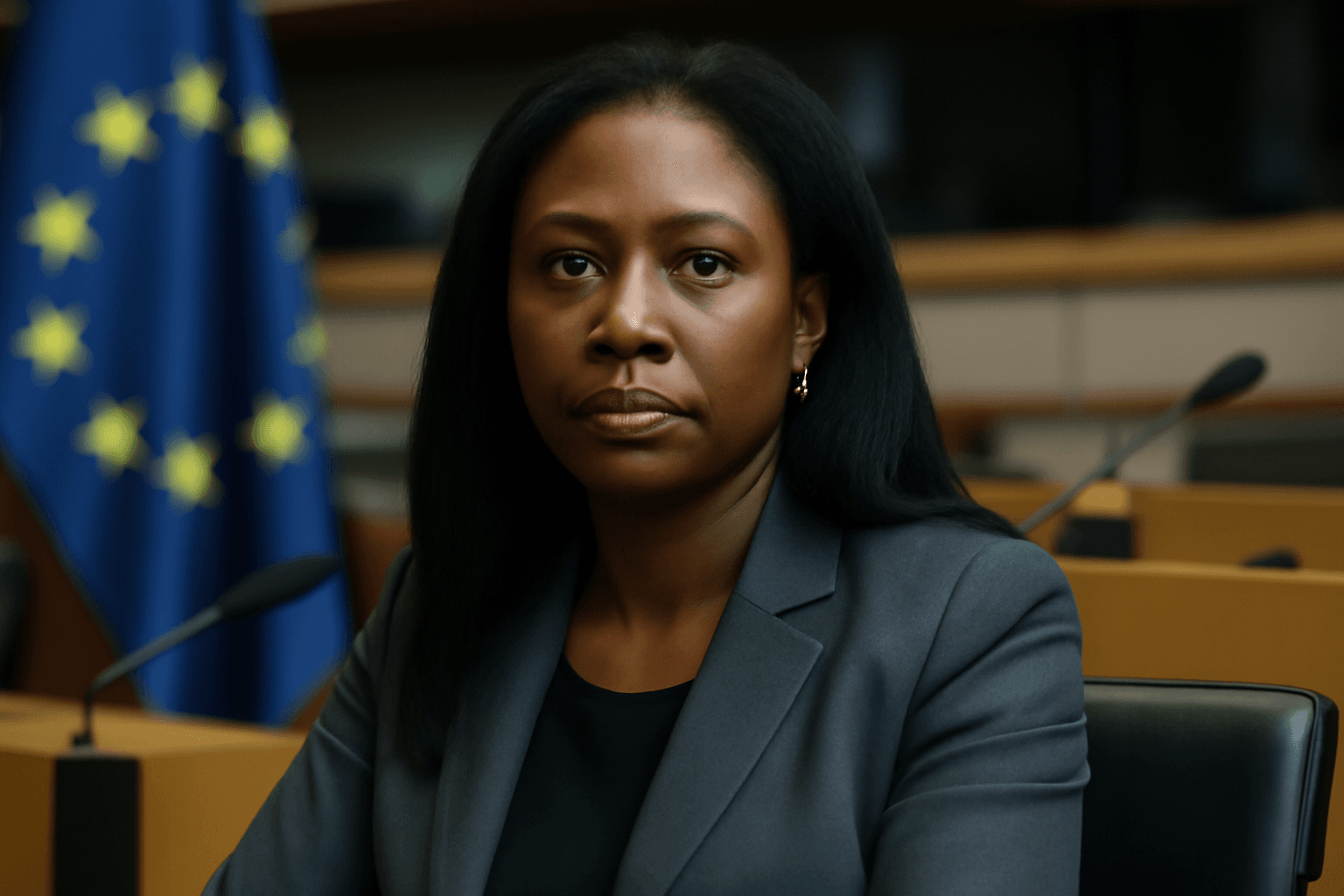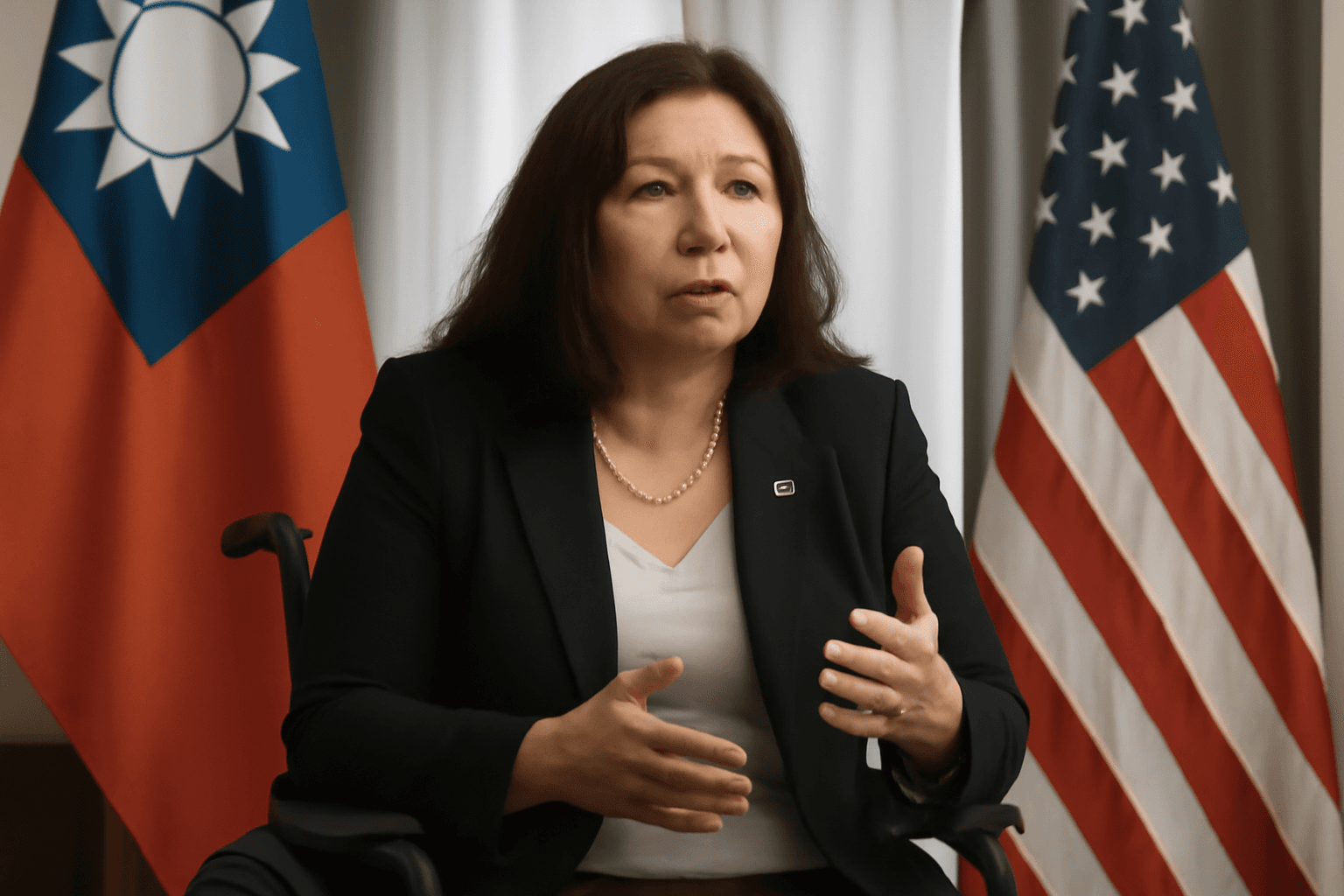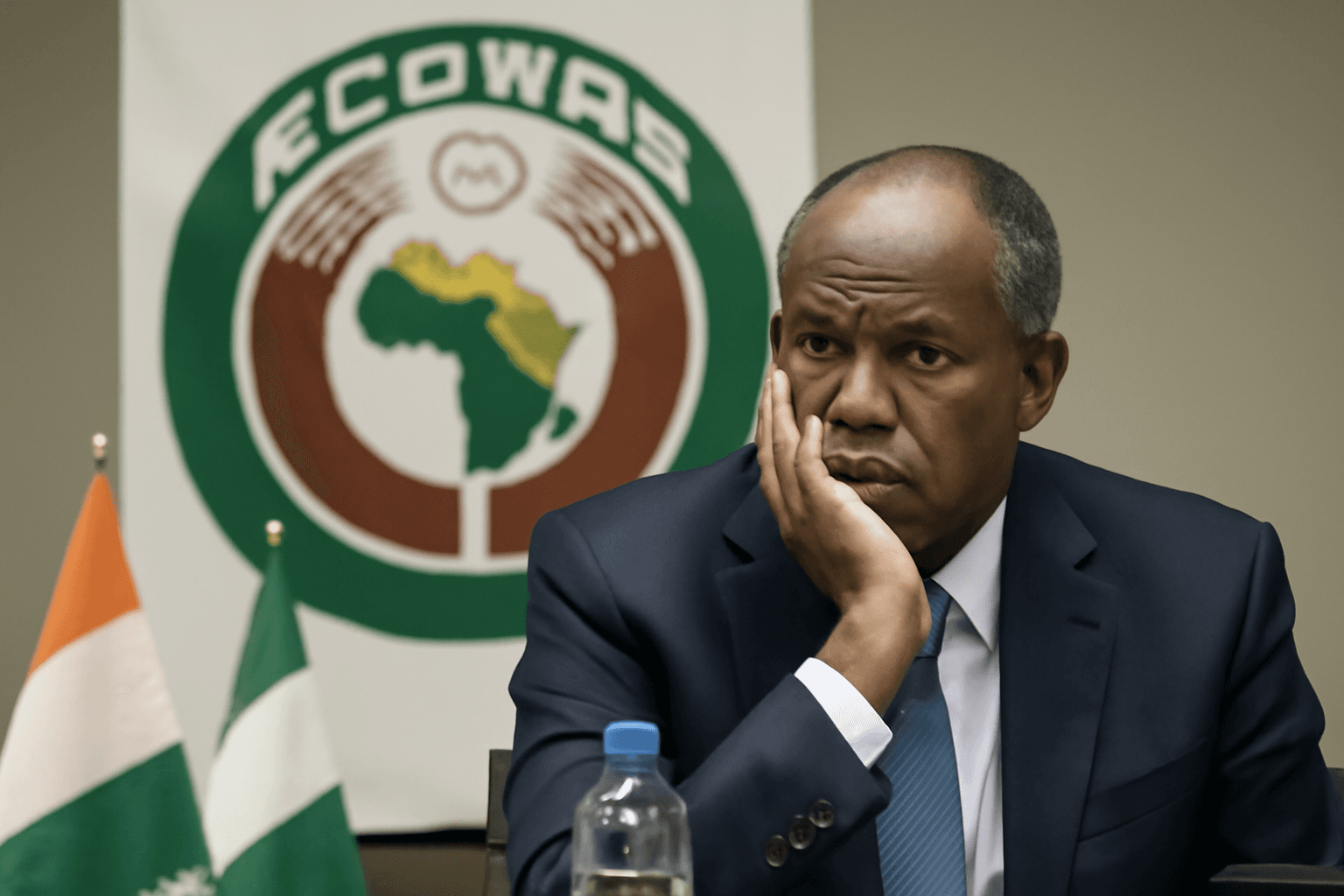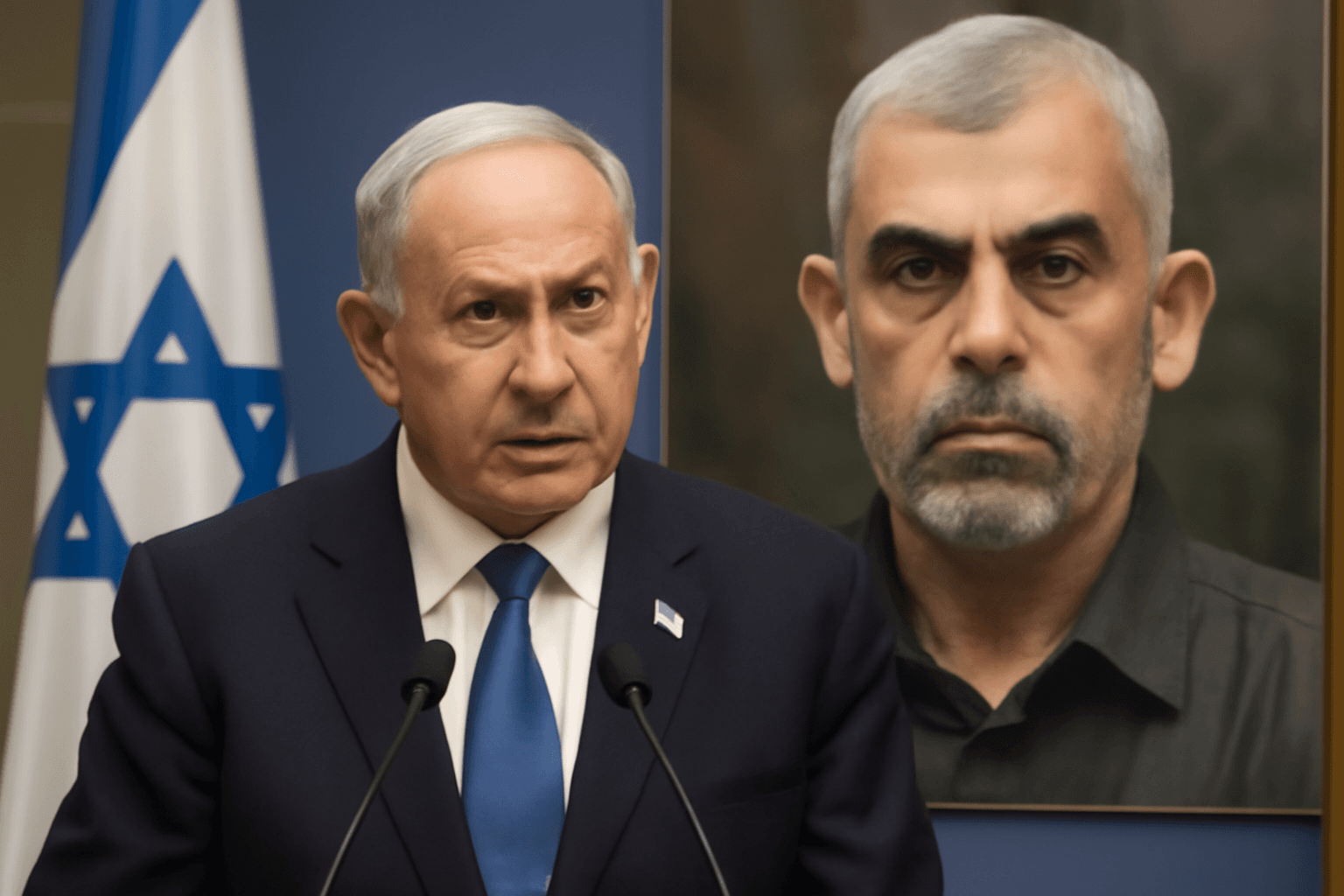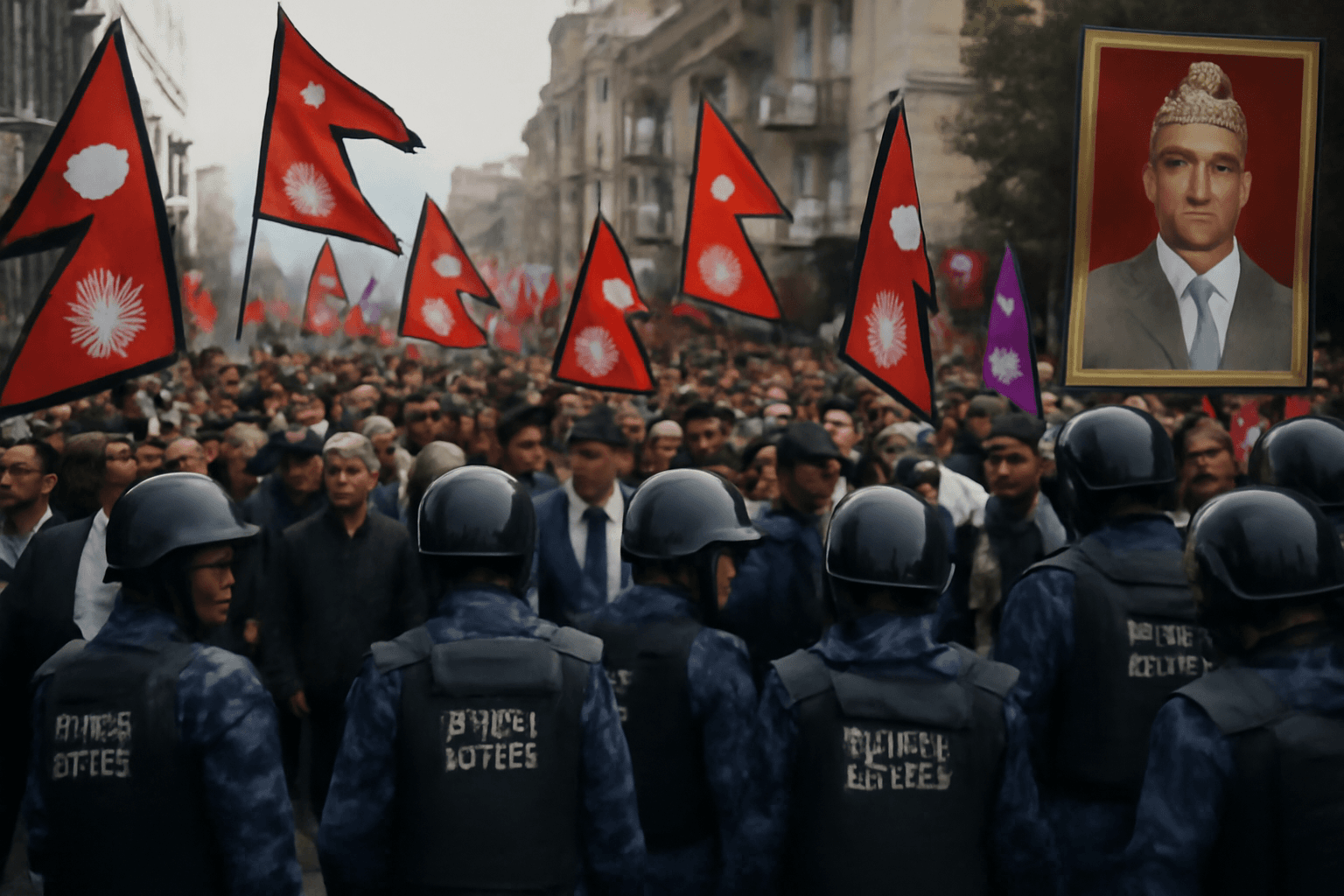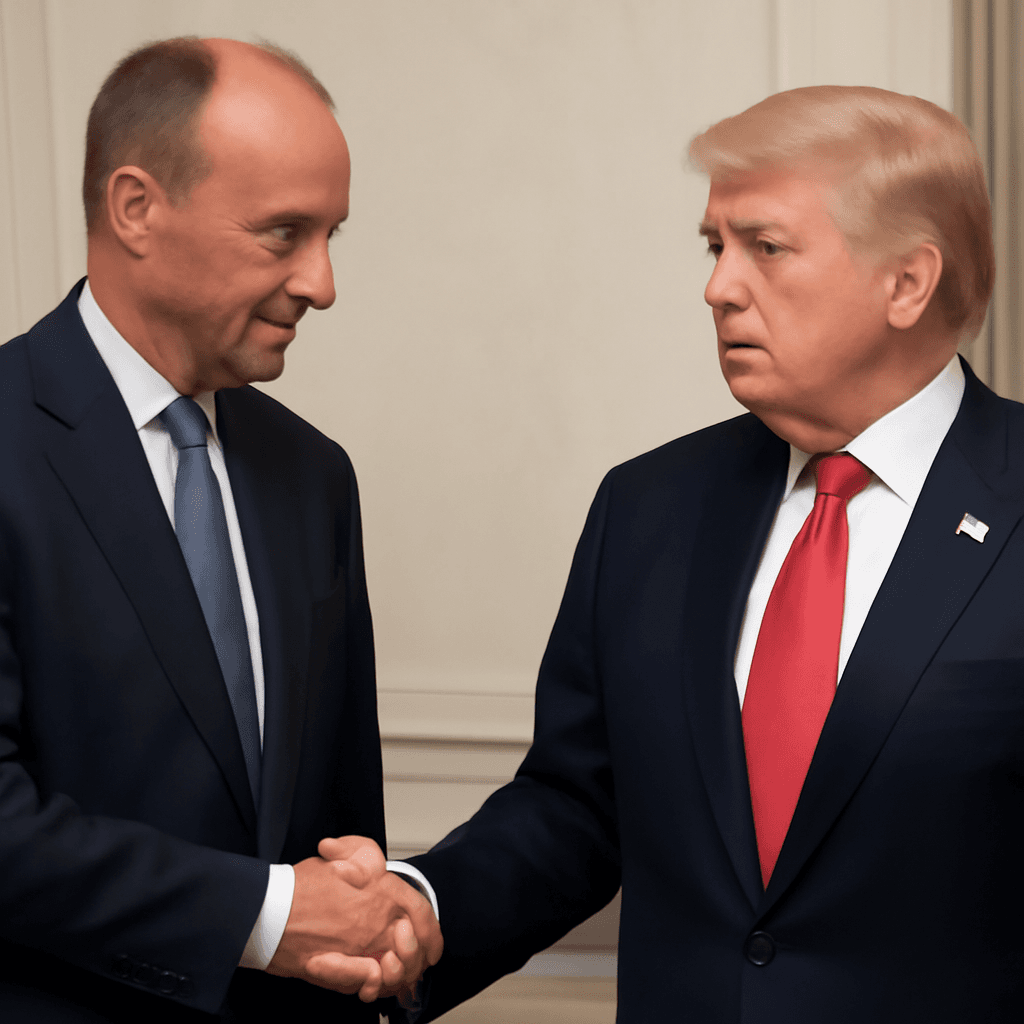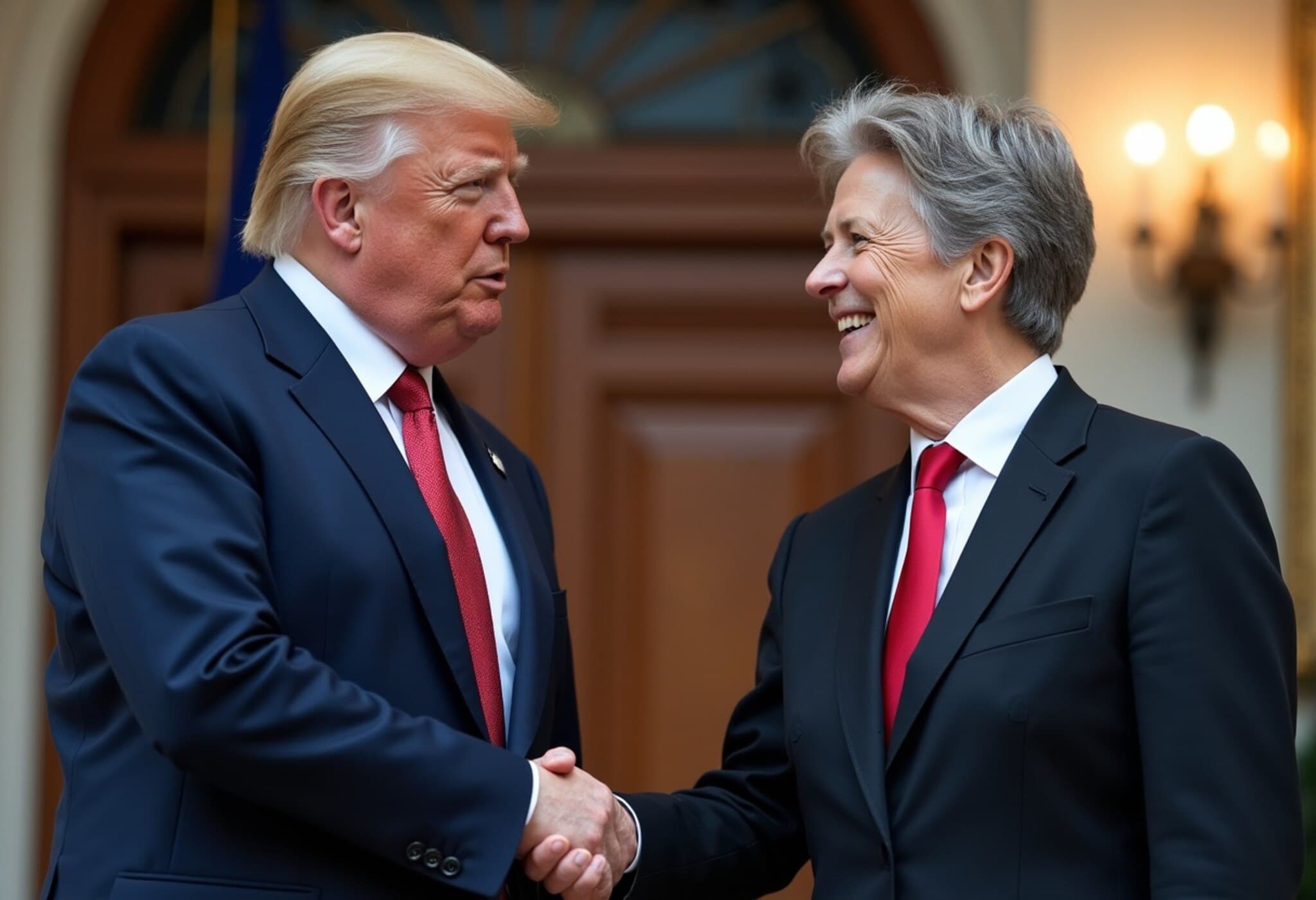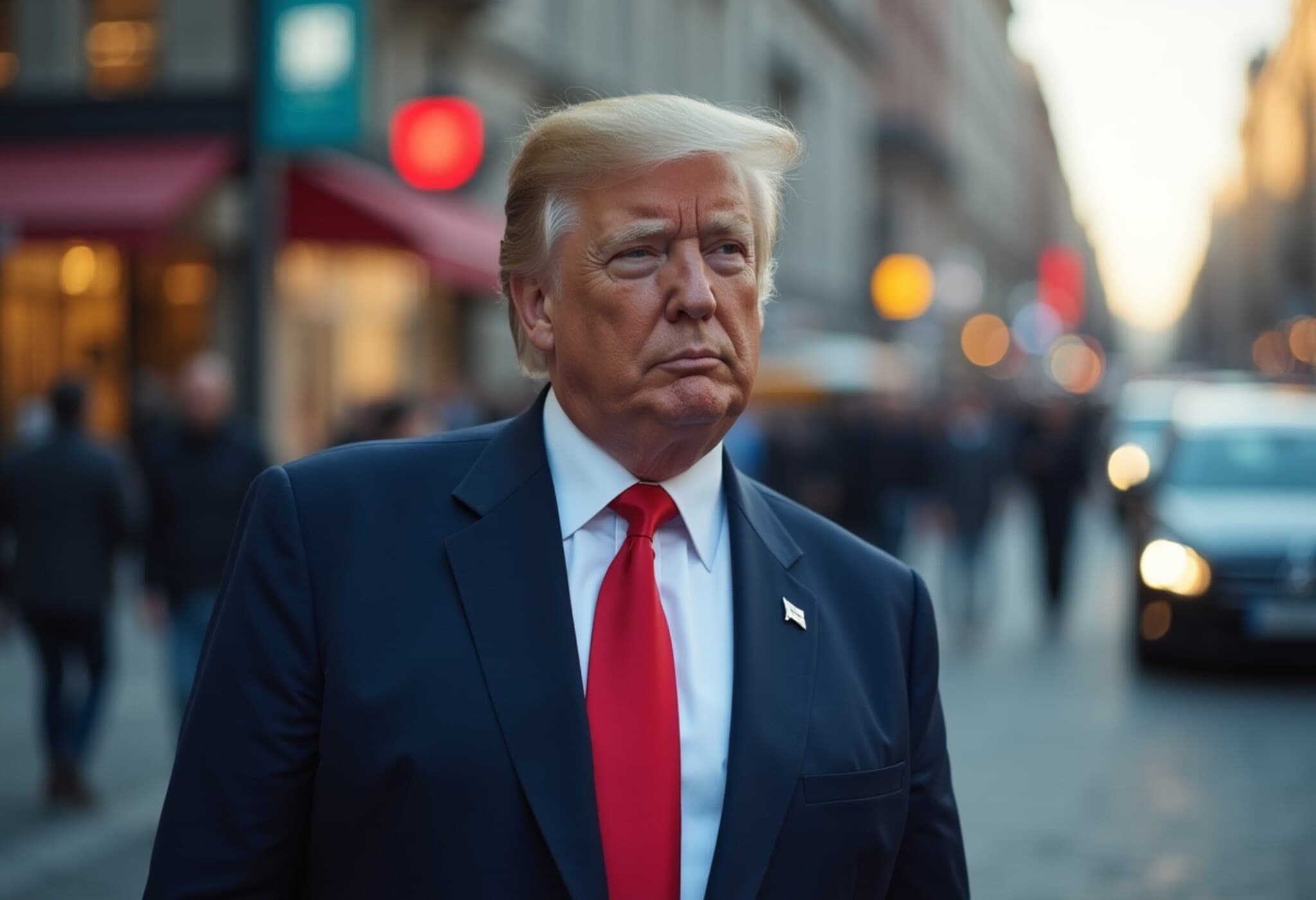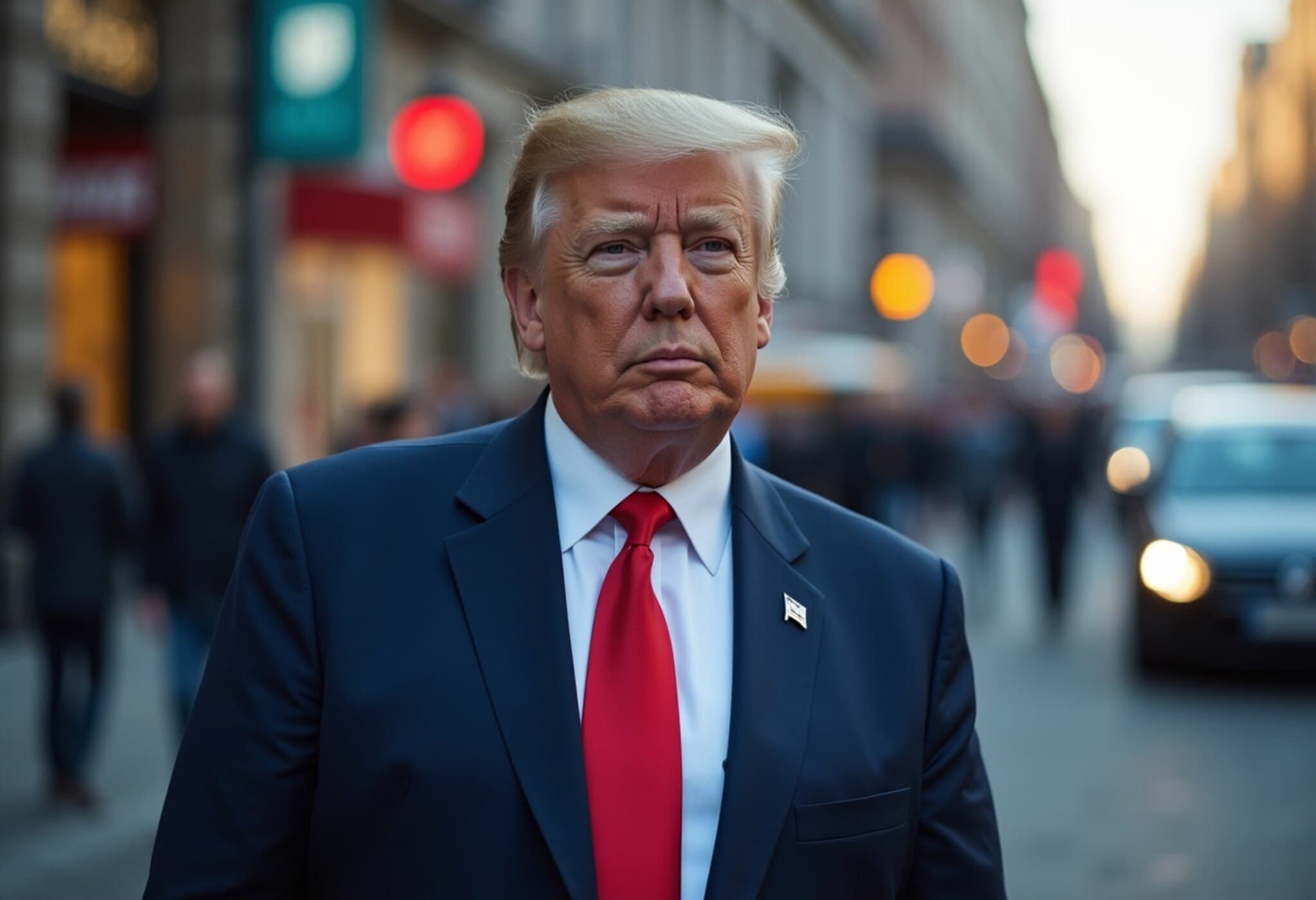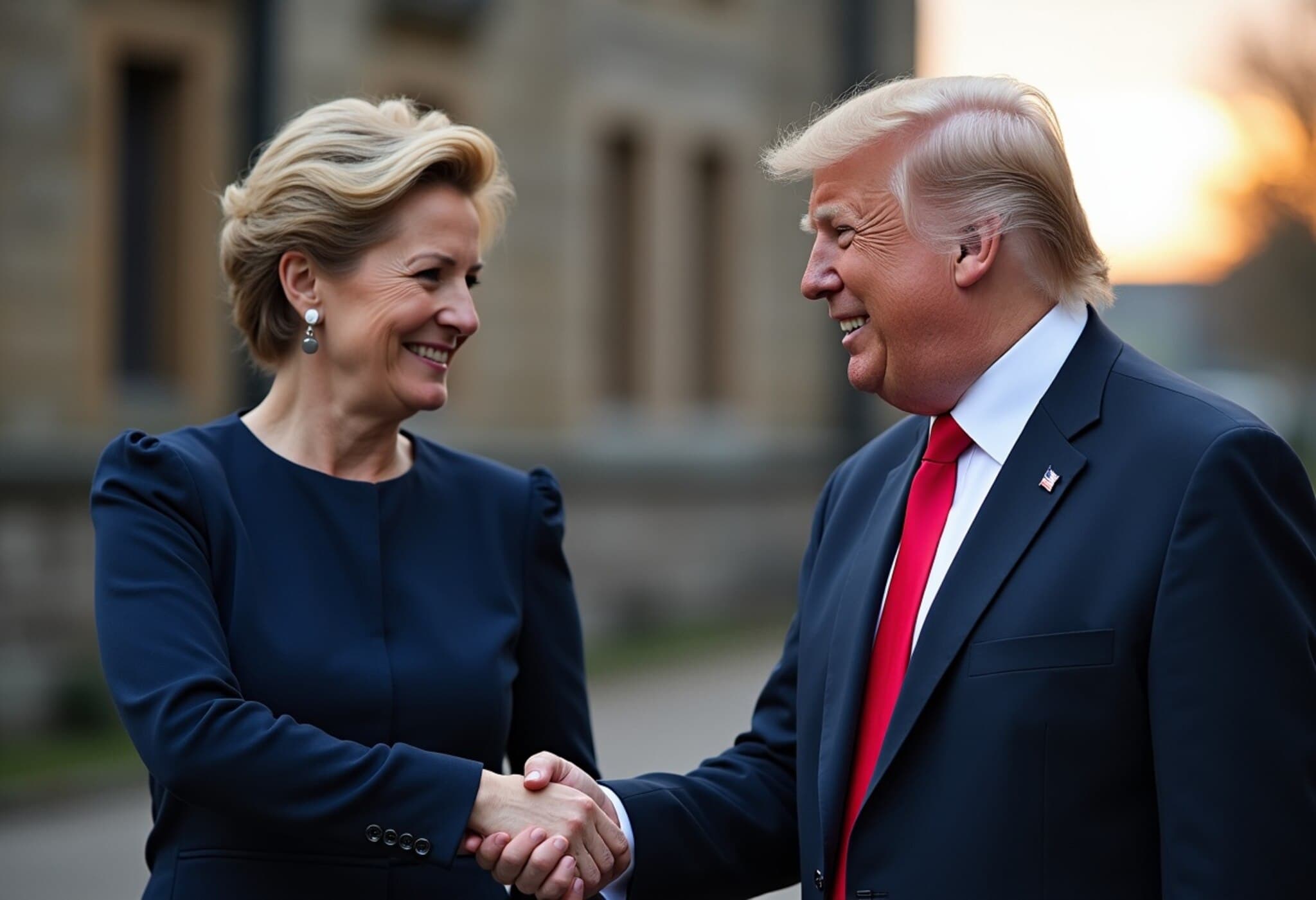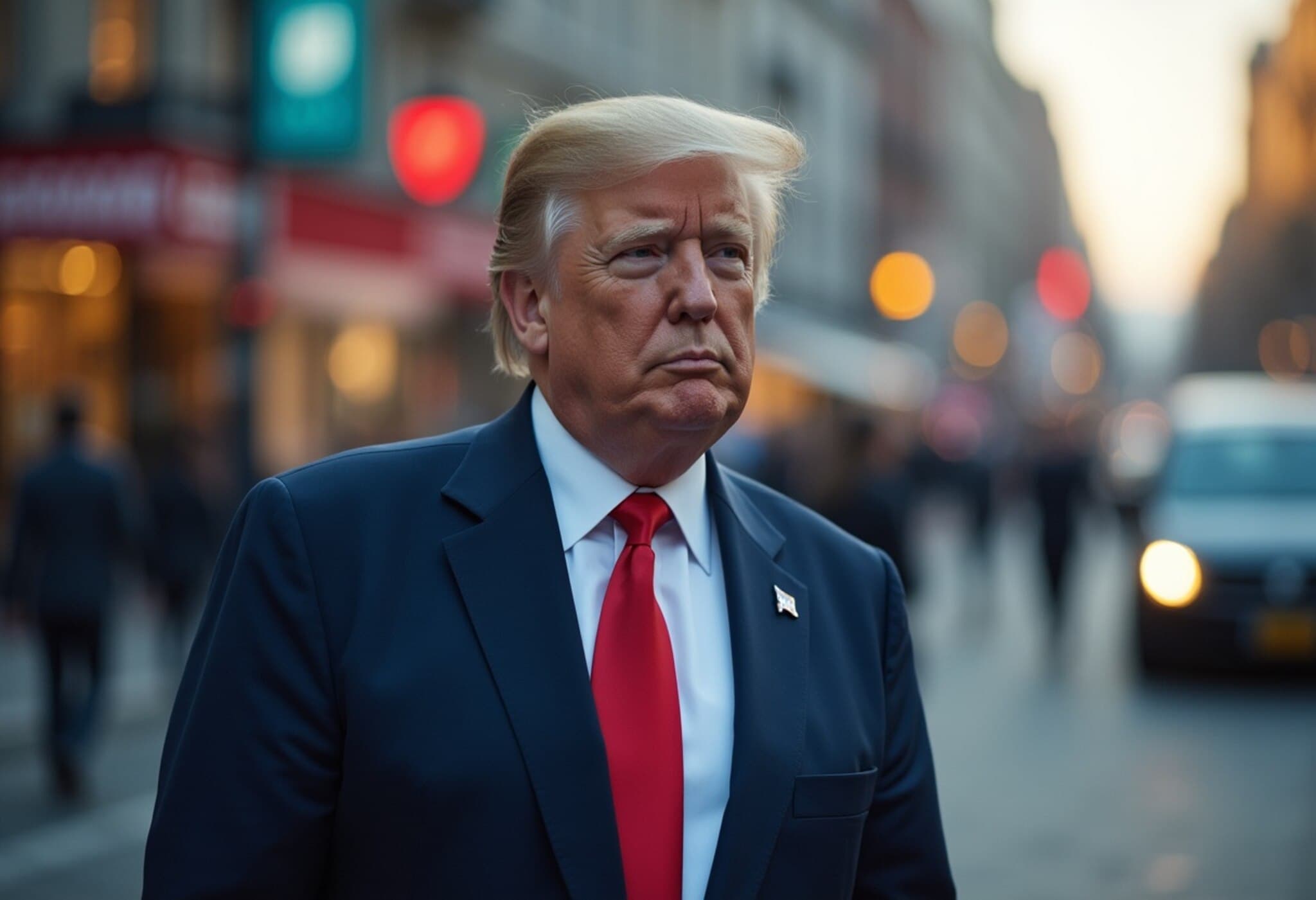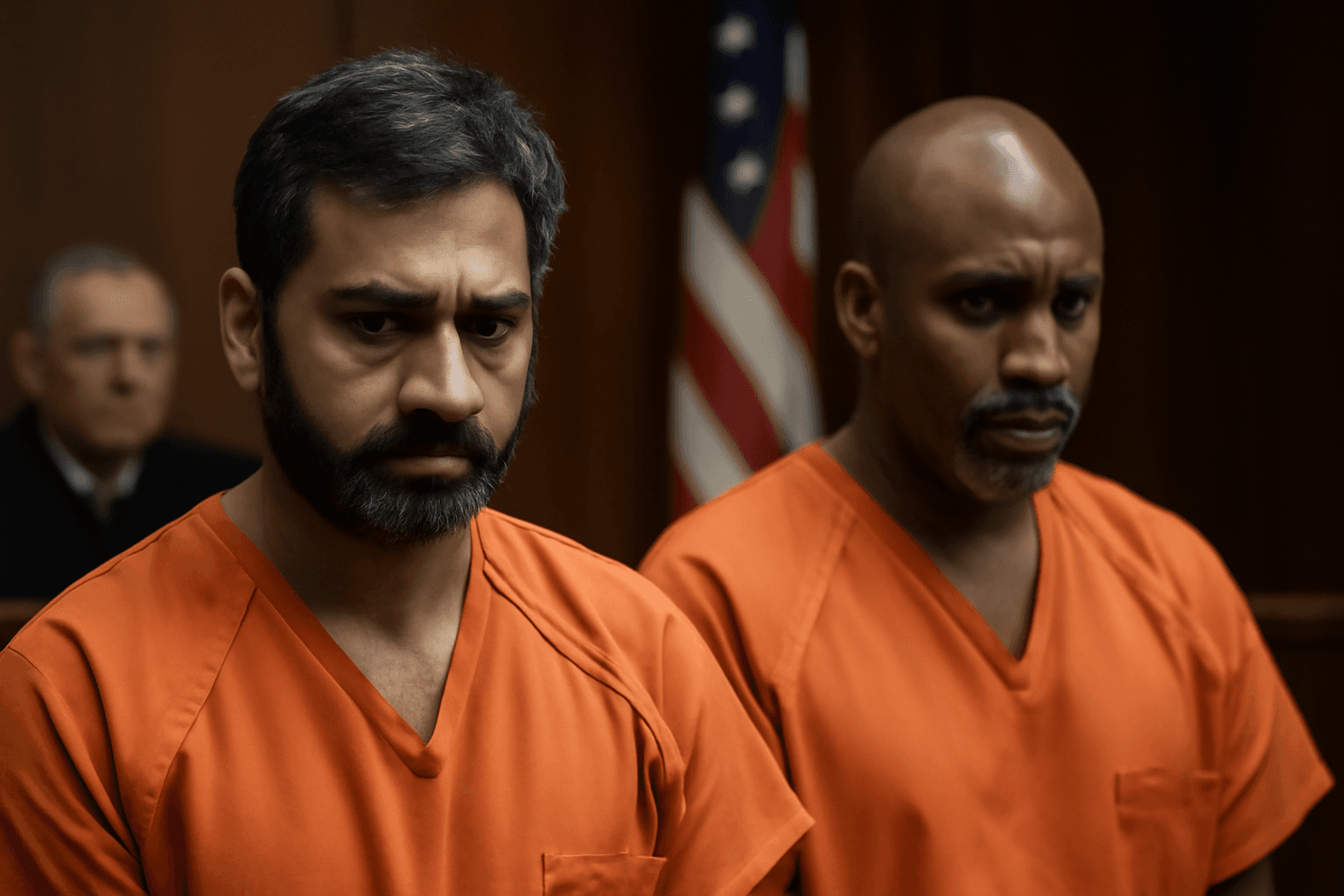Assita Kanko, born in 1980 in Godyr, Burkina Faso, endured female genital mutilation (FGM) at age five, a practice affecting nearly three-quarters of women in her country. At age 10, she envisioned herself as president of Burkina Faso, aiming to eradicate FGM and advance women's rights. Today, Kanko serves as a Belgian Member of the European Parliament (MEP), representing the Flemish nationalist N-VA party within the European Conservatives and Reformists (ECR) group, a faction aligned with hard-right politics.
Kanko identifies as pro-business, sovereigntist, and an Atlanticist, advocating strong national governments within the European Union (EU) and a robust transatlantic partnership with the United States. She has publicly supported U.S. leadership, attending Donald Trump's inauguration as part of a selected group of European politicians who share similar conservative views.
Despite the N-VA's conservative stance, including strict immigration policies, Kanko challenges the notion that right-wing ideology and her identity as a Black woman are incompatible. She emphasizes her autonomy and right to political thought, stating, "The idea that a black woman cannot also be right-wing is outrageous. I want the right to think and I take that right to think, I don't ask permission." Fighting for women's emancipation remains central to her political work. Her personal experience with FGM informs her advocacy, and she has authored four books on gender equality since 2013.
After excelling academically in Burkina Faso, Kanko moved to the Netherlands in 2001 to study and then settled in Belgium, where her fluency in Dutch and French aided her professional progression from the private sector to municipal politics in Brussels. In 2018, she transitioned from the center-right MR party to the N-VA, aligning with Belgium's current prime minister, Bart De Wever, and embracing Flemish nationalism.
In the European Parliament, Kanko focuses on security and border control, expressing concern about threats to Western values. She has highlighted risks posed by Islamic extremism and advocates investigating the Muslim Brotherhood at the European level, citing its alleged influence on indoctrination and the inferior treatment of women.
Kanko critiques the EU's position on the global stage, warning that it is being undermined not only by the United States but also by countries in the Middle East, China, Russia, and radical elements within Europe. She stresses the need for Europe to assert its priorities and strategic power to maintain influence and protect its values.

